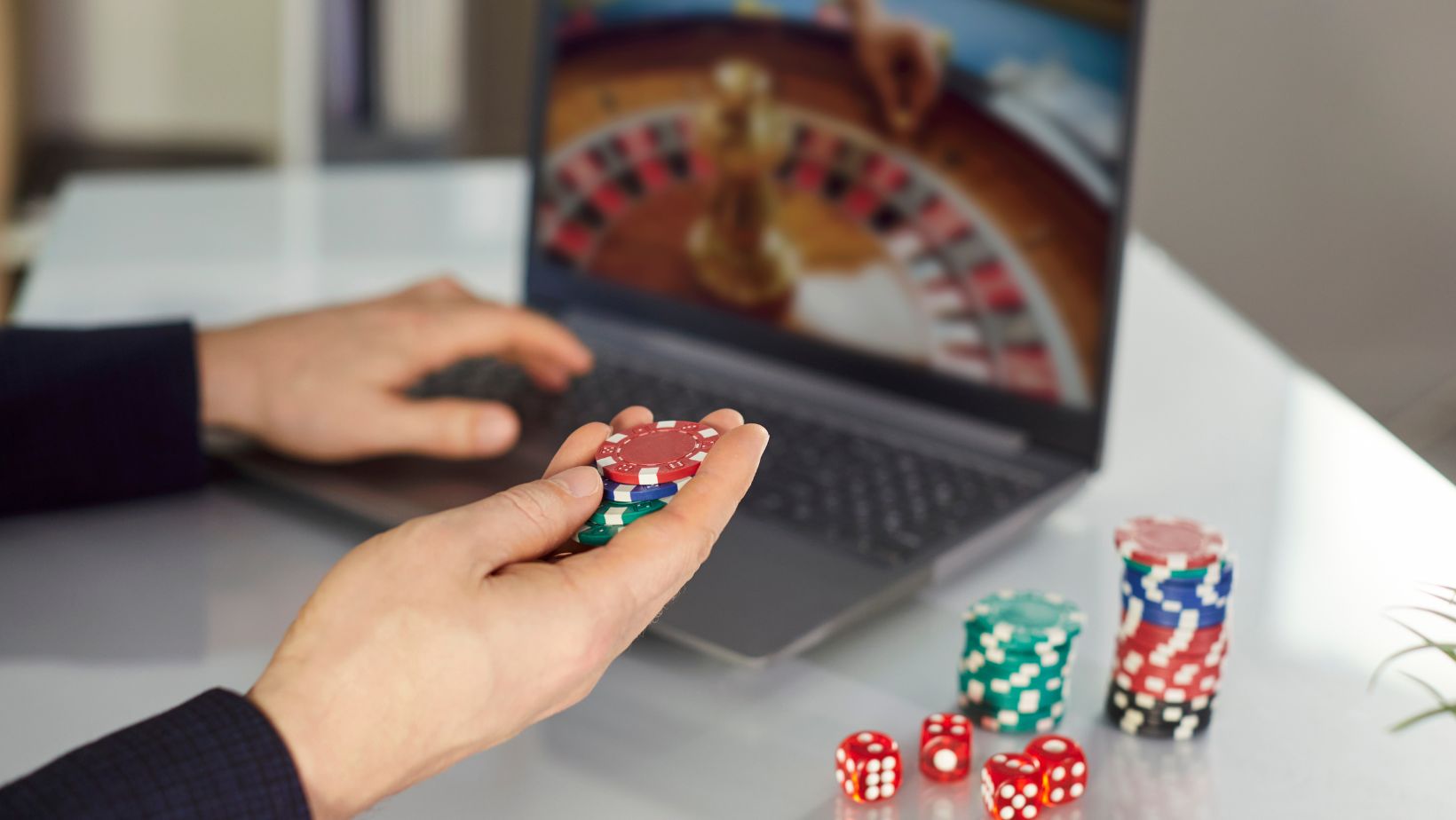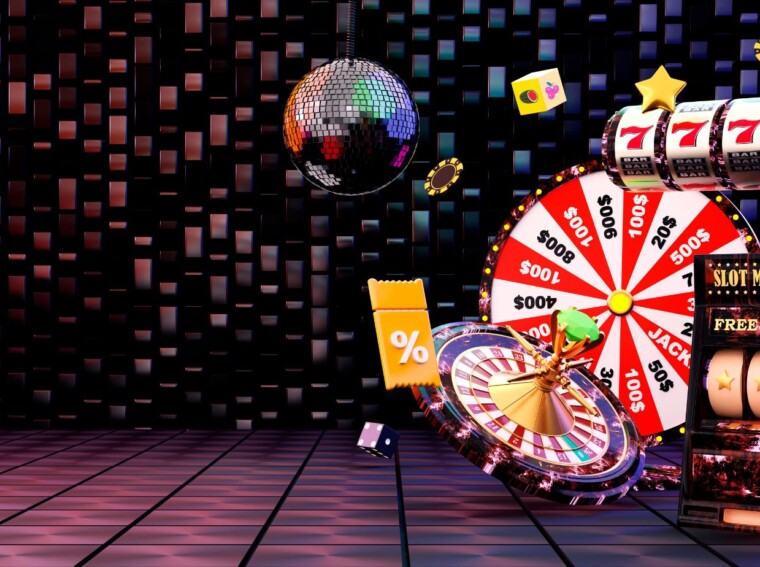The Screen’s Long Affair with Risk
People love watching risk. It’s strange, but true. The tension before a card flips, the quiet before the roulette wheel slows, it grabs attention the way few things can. Old films like Casino or Ocean’s Eleven made that tension glamorous. Everyone looked perfect, even when they lost. They turned casinos into dream worlds filled with charm and adrenaline. But behind all the colour and style, the real thing is far more ordinary, structured, measured, and very calculated. The movies made risk look romantic, even though it’s usually just probability doing its job.
The Shift from Glamour to Grit
Newer stories started to peel that image away. Molly’s Game showed the rules behind the chaos, while Uncut Gems showed what happens when someone keeps chasing one more win. These films don’t glorify it; they almost warn you. Still, they’re honest in a way the older ones weren’t. They show the obsession, the rush, and the human part, how far people will go for a sense of control. Viewers walk away not wanting the lifestyle but understanding why it’s so hard to stop.
The Digital Arena: How iGaming Changed the Story
Now, the casino has gone digital. You don’t have to travel anywhere, it’s already in your pocket. Online casinos like jackpot city and iGaming platforms have turned gambling into a kind of interactive entertainment. The graphics look like video games, the music builds tension, and live dealers stream from real studios. It’s fast, visual, and personal.

Platforms like Betway make it even smoother, letting players switch between sports odds, roulette, or themed slots in seconds. What once felt like luxury now feels like convenience. It’s still about risk and reward, but it happens through screens, lights, and timing. That small pause before you click “play again” carries the same weight as a cinematic close-up in a movie.
Podcasts and the Modern Conversation
Then there are the voices, the people breaking the myth apart. Podcasts have done something film never could. They slow things down. Shows such as Business of Betting and Gambling with an Edge talk numbers, not glamour. They bring experts, analysts, and long-time players who explain what’s behind the screen. You start to realize gambling is part psychology, part design, and part regulation. The conversation sounds more real, less scripted. Sometimes you even hear silence, the kind that happens when someone’s thinking, not performing.
The Role of Media in Shaping Belief
What people believe about gambling doesn’t come from experience alone. It comes from the stories they see and hear. A stylish movie might make a gambler look fearless. A podcast might make the same person sound methodical. Both are true in their own way. The media builds the emotional frame around the industry. It can turn a bet into a symbol of freedom, or a warning about consequence. The way we feel about casinos often depends more on editing than on the actual game.
The New Frontier: Entertainment Meets Education
Today’s conversation feels different. It’s less about the spectacle and more about understanding what’s really going on. Many online platforms and media outlets now focus on responsible play, on the tech that keeps things fair, and on the design choices that make users stay longer. The casino world is learning to explain itself instead of just dazzling people. That mix of openness and entertainment might be the next big chapter. It’s not about glamorizing the spin, it’s about showing what happens behind it.
